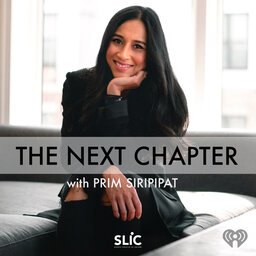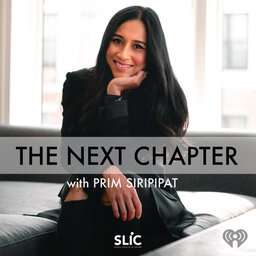TNC Best Of with Josh Childress
Prim is joined this week by former NBA top 10 pick and Stanford standout Josh Childress. She talks to Josh about his upbringing, family life and his experiences through college leading up to his time in the NBA and overseas. Childress discusses his personal battles with anxiety and opens up about how he felt stepping on the court dealing with his internal struggles.
 The Next Chapter With Prim Siripipat
The Next Chapter With Prim Siripipat


